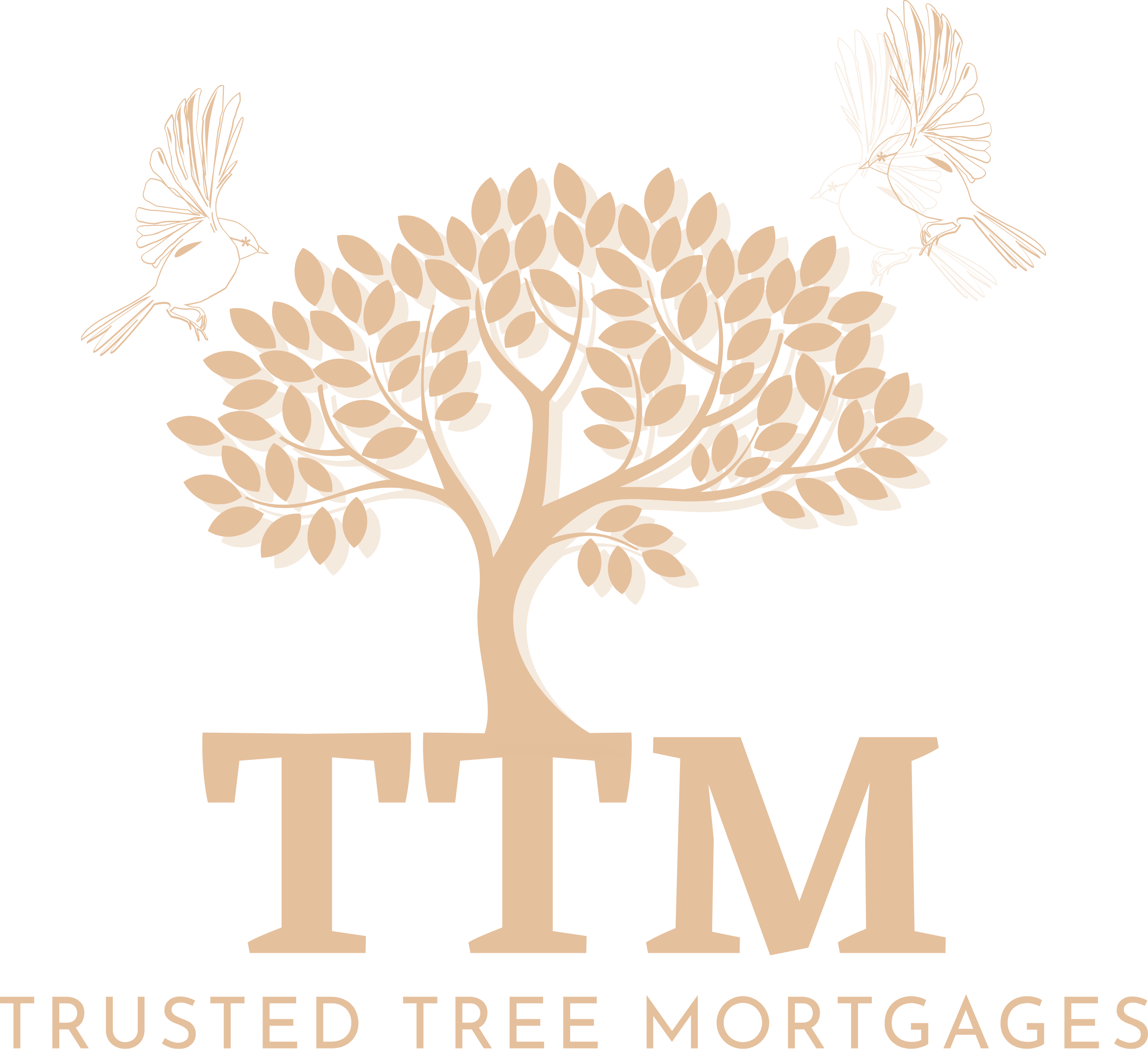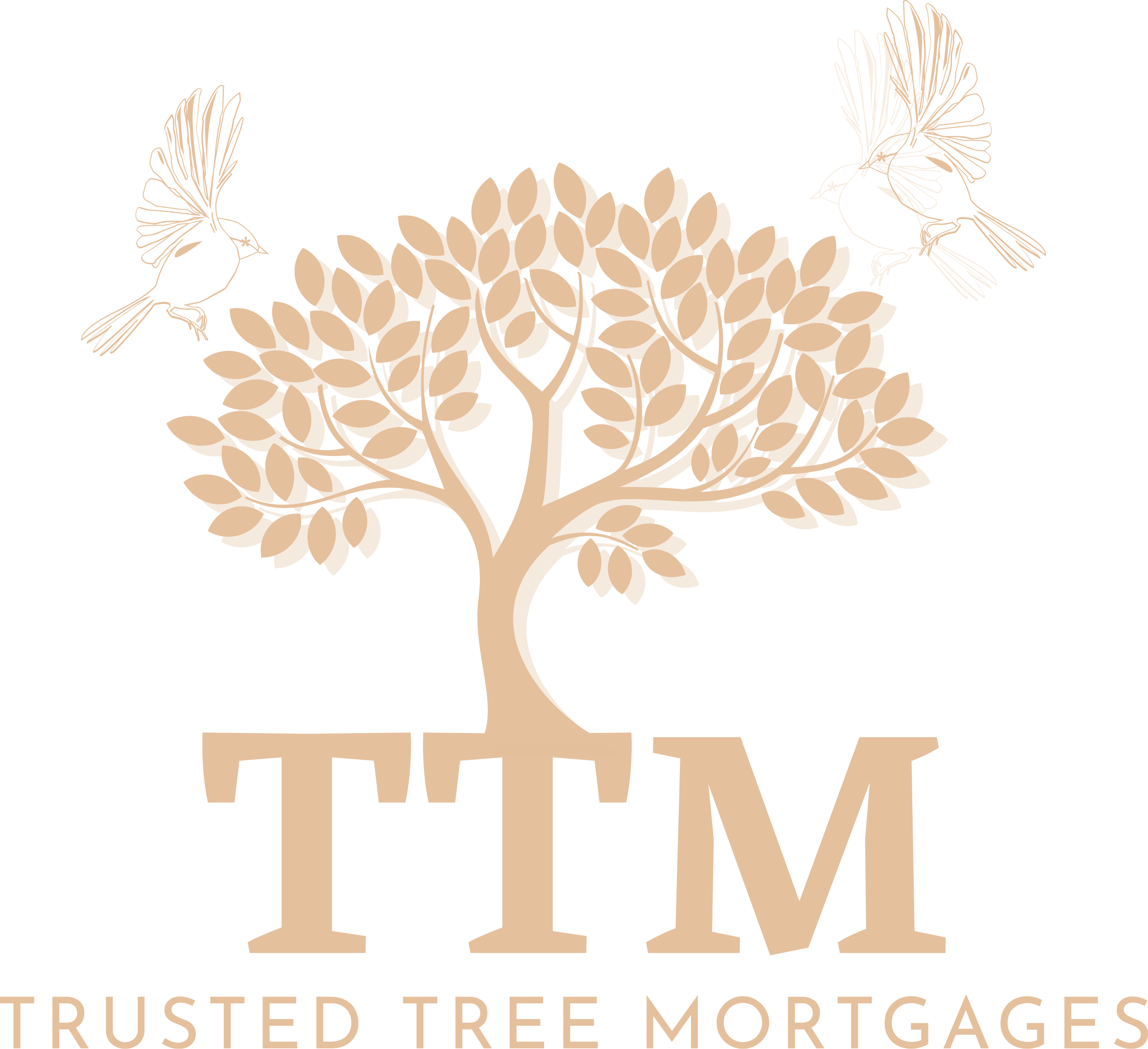Understanding Commercial Mortgages
A commercial mortgage is a loan secured against a property that is used for business purposes. Unlike residential mortgages, which are for personal homes, commercial mortgages are designed to help businesses acquire, refinance, or develop commercial properties. These properties can range from office buildings and retail spaces to industrial warehouses and mixed-use developments.
Types of Commercial Mortgages
- Owner-Occupied Commercial Mortgages: These mortgages are for businesses that intend to use the property for their own operations. This could include offices, retail stores, or manufacturing facilities. The business occupies the property, and the mortgage is repaid through the business's revenue.
- Commercial Investment Mortgages: These are for investors who purchase commercial properties to rent out to other businesses. The rental income generated from tenants is used to repay the mortgage. This type of mortgage is ideal for those looking to build a portfolio of income-generating properties.
- Hard Money Loans: Hard money loans are short-term loans secured by real estate assets. These loans are typically used when traditional financing is not an option, often due to the borrower's credit issues or the need for quick funding. Hard money loans are based on the value of the property rather than the borrower's creditworthiness. They are often used for property rehabilitation, bridge financing, or when a quick purchase is necessary. These loans usually come with higher interest rates and shorter repayment terms compared to traditional mortgages, reflecting the increased risk taken on by the lender.
Benefits of Commercial Mortgages
- Flexible Repayment Terms: Commercial mortgages typically offer flexible repayment terms, ranging from 5 to 25 years. This flexibility allows businesses to choose a repayment schedule that aligns with their cash flow and financial planning.
- Potential for Capital Growth: Owning commercial property can provide long-term financial benefits. If the property value increases over time, businesses can benefit from capital appreciation.
- Tax Advantages: Interest payments on commercial mortgages are usually tax-deductible, which can reduce the overall tax burden on your business. Additionally, owning property can offer depreciation benefits.
- Stability and Control: Owning your business premises provides stability and control over your operating environment. You are not subject to rent increases or lease terminations, which can disrupt business operations.
The Application Process for a Commercial Mortgage
Applying for a commercial mortgage involves several key steps:
- Assess Your Financial Needs: Determine the amount you need to borrow and the type of property you wish to purchase. Consider factors such as location, property condition, and potential for growth.
- Prepare Your Documentation: Lenders will require detailed financial information, including business plans, financial statements, tax returns, and details of the property. Having these documents ready can streamline the application process.
- Research Lenders: Different lenders offer varying terms, interest rates, and conditions. Research and compare lenders to find the best fit for your business needs. Consider working with a mortgage broker who specializes in commercial properties.
- Submit Your Application: Complete the application process with your chosen lender. Be prepared to provide all necessary documentation and answer any questions the lender may have about your business and the property.
- Property Valuation and Legal Checks: The lender will conduct a property valuation and legal checks to ensure the property is a suitable security for the loan. This may include a survey and title search.
- Approval and Funding: Once approved, the lender will provide the loan terms and conditions. Upon acceptance, the funds will be disbursed, and you can proceed with the property purchase.
Important Considerations
- Interest Rates: Commercial mortgage interest rates can vary based on the lender, loan amount, and your business's financial health. Fixed and variable rate options are available, each with its own advantages and risks.
- Loan-to-Value Ratio (LTV): Lenders typically require a down payment, which affects the loan-to-value ratio. A higher down payment can result in better loan terms and lower interest rates.
- Repayment Structure: Understand the repayment structure, including any fees, penalties for early repayment, and the impact of interest rate changes on your monthly payments.
Ready to explore the opportunities of Commercial Investment? Contact us today to schedule a consultation with us. Let Trusted Tree Mortgages help you achieve your investment and financial goals.












